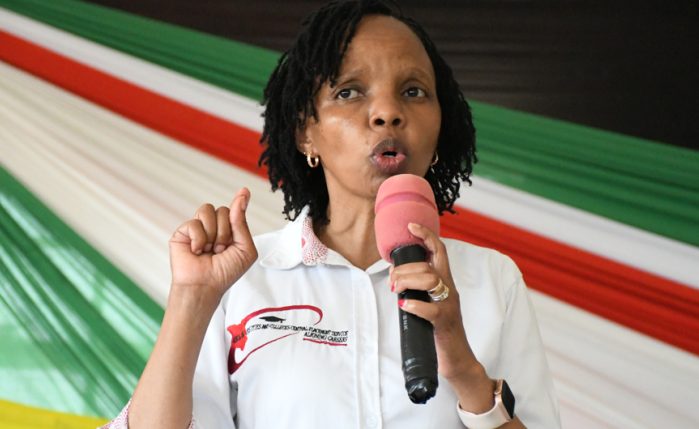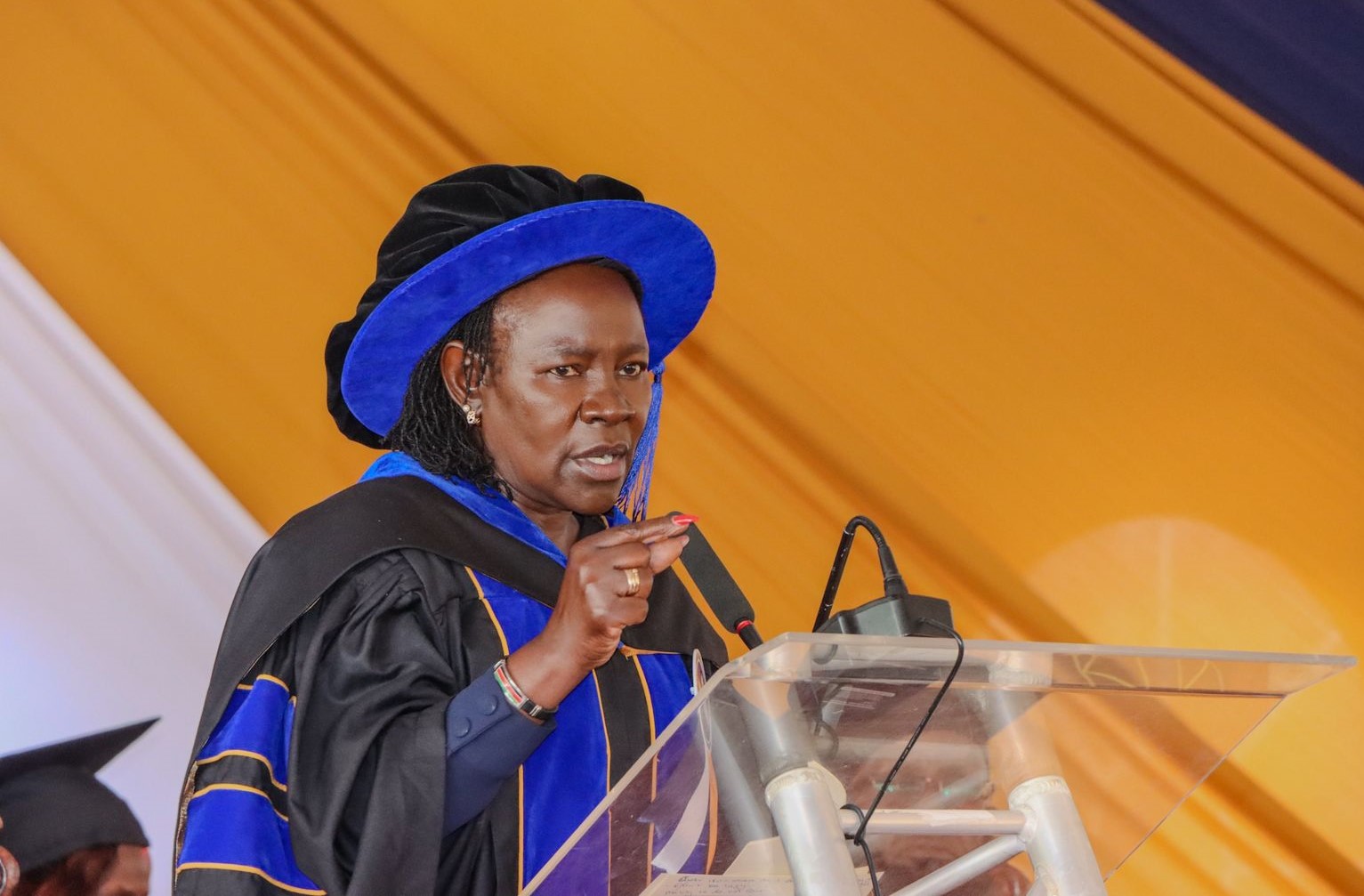By Azael Masese
A Government plan to lower entry grades to teacher training colleges is running into headwinds after a Parliamentary Committee joined other forces to oppose the move.
National Assembly’s Education Committee stopped the move, arguing that lowering the entry grades will impact negatively the country’s quality of education.
While the Teachers Service Commission threatens not to register those with lower grades, Kenya Private Schools Association warned its members will not employ the teachers.
This puts on ice the second selection of students to colleges scheduled for this month, dampening further prospects of reversing the declining number of students in these institutions.
Entry requirements for diploma students were lowered to a C plain or C- in the KCSE, down from the previous C+. Those seeking a certificate in education, known as P1, will need a D+, down from a C plain.
According to the Kenya Universities and Colleges Central Placement Services (KUCCPS), all students, who scored a C+ (plus) and above in the 2017 KCSE were admitted to public universities.
Teacher training colleges and technical training institutes were left to fight out for the remaining number of students.
Although a meeting to deliberate on the issue that was slated for the first week of October did not take place, the Parliamentary Committee chaired by Julius Melly directed the Ministry of Education to prepare a policy paper on the same.
However, Kenya National Qualification Authority (KNQA) stated that it was compelled to lower the entry grades into teacher training colleges due to the declining performance posted in the 2017 KCSE.
KNQA Chairman Bonaventure Kerre stated that since those with C+ will be admitted under the Government sponsorship to join public universities, it was left with no choice but to lower the entry grades.
He also said that exam cheating was commonplace in the past and those who scored the admissible grades into the colleges might not have merited the admission.
Primary Teacher Colleges reported mass failures and referrals between 2015 and 2017, pointing to an awful system in the country’s teacher education system.
Various studies have indicated that a number of Kenya’s classroom teachers do not know the subjects they are tasked with teaching.
“With fewer exam malpractices, the 2017 exercise placed the students in their true abilities and capabilities,” Kerre stated.
He remained optimistic that given the prevailing conditions, the minimum entry requirements set will significantly ensure quality teachers are trained.
The teachers’ employer indicates that lowering the grade will flood the market which already has 290,000 qualified teachers in its data bank.
Kerre noted that TSC can admit those with higher qualification, but expressed concern on the remuneration of teachers.
“A Kenyan teacher is poorly remunerated and overloaded and this is turning off perspective young Kenyans who might want to pursue a career in this profession,” he added.
And in most cases, the same diploma holder has to start from first year, and this fails to recognize the teacher’s prior learning.
“This is equally ironical as the Commission does not promote those with C+ to administrative positions unless they acquire degrees,” he said.
However, he said that teaching should also be viewed as a calling and should be dictated by what grade one acquired.
In the US and Britain, teachers in Elementary schools are graduate teachers since this is where expertise is needed most to bring up other professionals such as engineers and doctors.
“One has to go for internship for two or three years to gauge if that is what they want to practice,” Kerre said.
Kenya Union of Post Primary Teachers (KUPPET) noted that they are wary and fear that the proposal to lower the teaching entry requirement will undermining the principles of quality of teaching.
KUPPET Secretary General Akelo Misori stated that the profession must remain a choice of many saying that low enrollment in teacher colleges is a result of the poor pay teachers receive. He noted that teaching is a revered profession in other developed economies but this is a reverse in the country.






